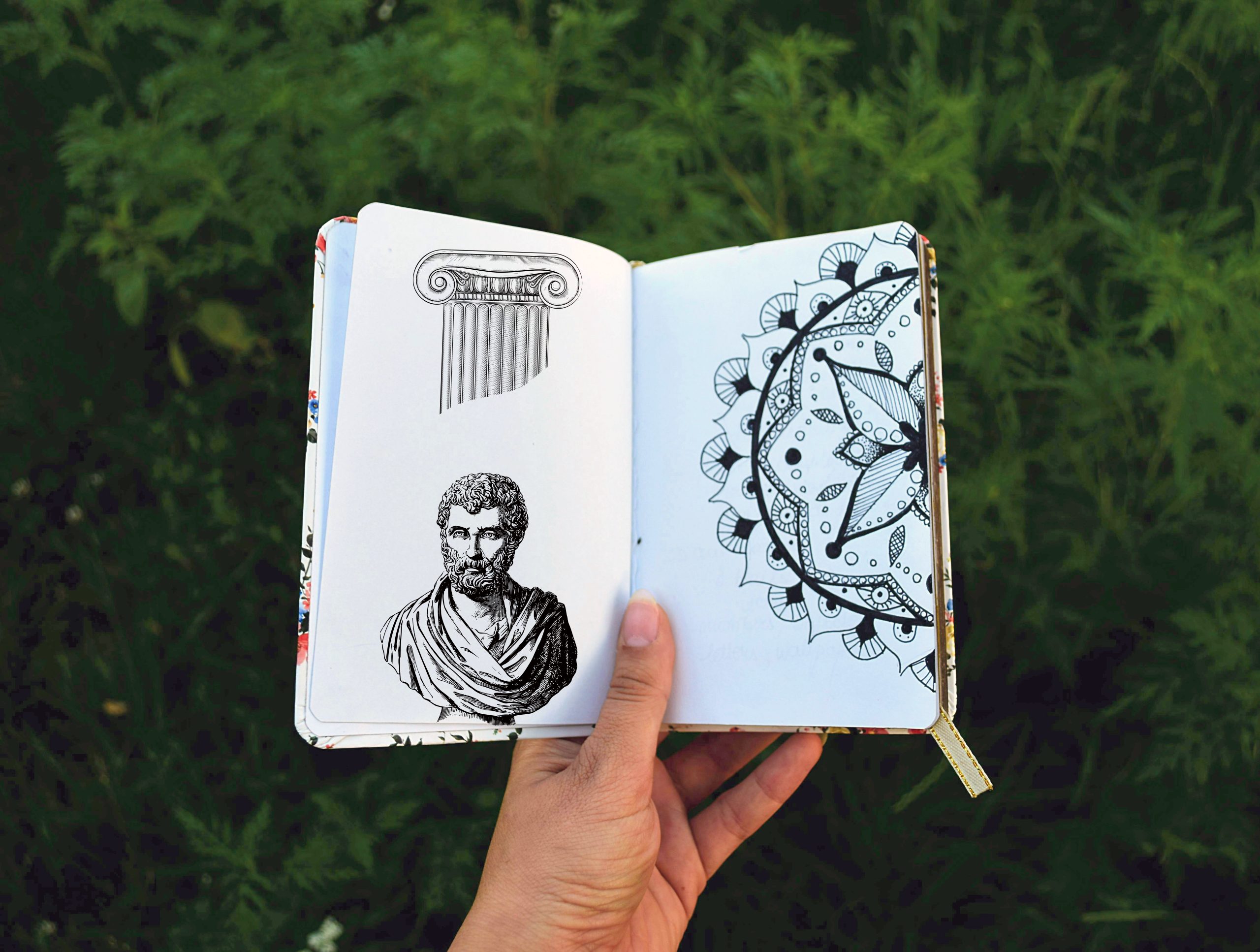JOMO – the Mindful Antidote to FOMO

Amal Karl
CEO
What is FOMO and is it really a big deal?
FOMO is the feeling of having to be constantly available, mentally or in person, wanting to do everything and be everywhere; eventually achieving nothing significant in the long-term. It can cause anxiety, fatigue, stress, and problems with sleep.
We have all made a social commitment at one time or another, just because we were afraid of missing out, but this has been exacerbated by the use of technology and social media. A US study found that the younger generation is extremely stressed compared to older generations, with 95% of respondents stating that they were stressed occasionally to very often. Spending too much time on social media is a significant contributing factor, since it can lead to comparing our lives to others which in turn makes us think that we are leading inadequate or lesser lives. This is disturbing as people often represent themselves on social media as to how they would like to see themselves rather than how they actually are.


Going from FOMO to JOMO
JOMO has emerged as the antidote to a FOMO-fuelled culture. Svend Brinkmann, Professor of Psychology at Aalborg University, said that missing out can be joyful, help us develop stronger relationships, as also provide meaning and existential depth in our lives. JOMO doesn’t mean declining every social opportunity and being an anti-social hermit. Rather it’s about knowing when to say yes and when to say no. JOMO is living an intentional life – it is picking out and committing to the select places, events and people that mean the most to you. It is a way to efficiently re-allocate personal resources – time, money, energy, attention. It isn’t just about missing out, it’s missing out consciously so that we can make time for important things that truly matter in our lives.
As our senses are constantly drawn in various directions, there is a greater need to focus on enjoying the moment without worrying about what everyone else is doing. Psychologists agree that reducing our dependency on technology contributes to a reduction in anxiety and stress. Even Google has initiatives in place to encourage healthier consumer habits and states on its digital well-being page that, “Great technology should improve our lives, not distract from it”.
How do we practice JOMO
The pandemic offered us a reset button – it has somewhat forcefully shown us the value of focusing on the self, some have picked up new skills, others have made life altering changes.
“Stop paying so much attention to what others are doing” is easy advice to give, but hard to follow. Just like bringing mindfulness, journaling, or daily gratitude lists into our lives, JOMO needs to be practiced regularly. Here are a few tips to get you started:
- Relish the downtime that you put aside for yourself.
- Digital detox (disconnecting from all devices) allows you to reset, rest and recalibrate.
- Kick off your shoes and enjoy nature, let your bare feet come in contact with the natural Earth grass, sand, and dirt. This phenomenon, known as grounding or Earthing, allows your body to reconnect to the electrons on the surface of the Earth.
- Walk on the beach, by the river, in the forest or wherever that connects you with nature.
- Meditate by committing 10 minutes a day to stay present in your uninterrupted physical and mental space. Early morning meditation or prayer will stabilise your nervous system and provide increased resilience throughout the day.


JOMO is simply Letting Go!
JOMO, and FOMO are good examples of “letting go”, vs. “attachment”, which are core concepts to understand in Buddhism or Yogic philosophy as they impact our happiness. Studies have found that attachment is linked to psychological needs, which are correlated with FOMO. We pin our happiness to people, circumstances, and things, and hold onto them for dear life. We stress about the possibility of losing them when something seems amiss. ‘Letting Go’ is so important— it is letting happiness in. As Dalai Lama said, “Most of our troubles are due to our passionate desire for and attachment to things that we misapprehend as enduring entities”.
Let’s regularly take time for ourselves – to relax, contemplate, and stay in the current moment. Embracing JOMO will improve our emotional, physical and mental well-being. The following ode wonderfully written by Australian cartoonist Michael Leunig aptly summarises JOMO.
Oh the joy of missing out.
When the world begins to shout
And rush towards that shining thing;
The latest bit of mental bling
Trying to have it, see it, do it,
You simply know you won’t go through it;
The anxious clamouring and need
This restless hungry thing to feed.
Instead, you feel the loveliness;
The pleasure of your emptiness.
You spurn the treasure on the shelf
In favour of your peaceful self;
Without regret, without a doubt.
Oh the joy of missing out.
Share:
Related Posts

End of Year Reflection: Breaking the Cycle and Living with Intention
As the year draws to a close, I find myself in that familiar pause between what has been and what is yet to come –

Sonder – so much more than a poetic idea
I wasn’t looking for inspiration, but it found me anyway! On a recent weekend in Raglan, my eyes lingered on a whimsical painting by a

Establishing Our Inner Connection
Swadhyaya, from the Sanskrit sva (self) and adhyaya (study), refers to the disciplined practice of self-inquiry. Rooted in Indian spiritual traditions, it involves reflection, scriptural

Navigating Life’s Uncertainties: The Power of Acceptance and Positive Action
Life is full of unpredictable events, people, and circumstances beyond our control. From the weather to others’ behaviour, uncertainty is constant. However, our response to

The End of Ego: Reclaiming Inner Peace
In today’s fast-paced world, we often blame external factors – bad luck, challenging situations, or difficult relationships – for our biggest obstacles. Yet, the real enemy is
